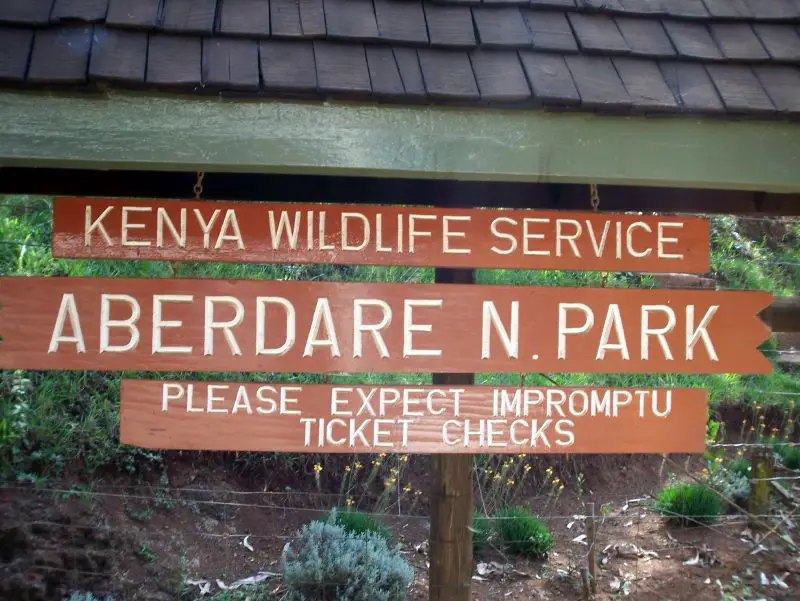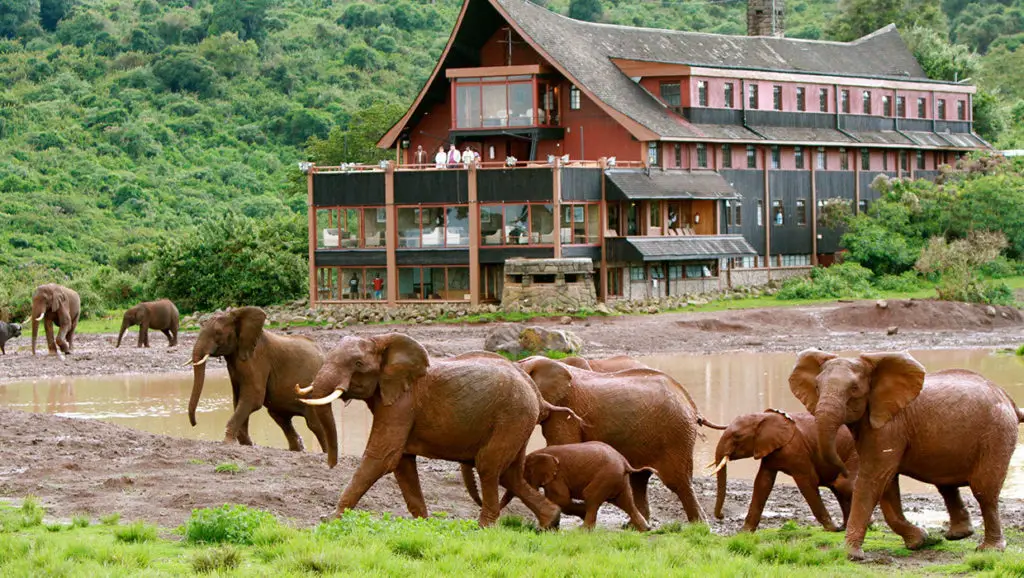Education in Karatina Town, Kenya, is characterized by a diverse range of institutions spanning from pre-primary to tertiary levels. The town, located in Nyeri County, has a strong educational foundation with numerous public and private schools, as well as higher education institutions.
Karatina’s education system follows the Kenyan national curriculum, with recent shifts towards the Competency-Based Curriculum (CBC). The presence of Karatina University significantly contributes to the town’s educational landscape, making it a regional hub for learning and academic pursuits.
What levels of education are available in Karatina?
Karatina offers multiple levels of education:
- Pre-primary (Early Childhood Development Education – ECDE)
- Primary education
- Secondary education
- Tertiary education (University and vocational training)
- Adult education programs
How many schools are there in Karatina?
While exact numbers may fluctuate, Karatina has a substantial number of educational institutions:
- Approximately 30-40 primary schools
- Around 15-20 secondary schools
- 1 public university (Karatina University)
- Several vocational training centers
- Numerous ECDE centers
What is the quality of education in Karatina compared to national standards?
Karatina’s education quality generally compares favorably to national standards:
- Above-average performance in national exams
- Well-established schools with good reputations
- Presence of qualified teachers
- Competitive university entry rates
- Challenges include resource limitations in some public schools
What is the role of Karatina University in the town’s education system?
Karatina University plays a significant role in the town’s education system:
- Provides higher education opportunities locally
- Conducts research relevant to the region
- Offers community outreach and adult education programs
- Attracts students and academics from other regions
- Contributes to the local economy and intellectual life
How does the education system in Karatina address special needs?
Special needs education in Karatina is addressed through:
- Integrated programs in regular schools
- Specialized units within some schools
- Teacher training in special needs education
- Collaboration with local health services
- Challenges remain in full inclusivity and resource allocation
What challenges does the education sector in Karatina face?
Key challenges in Karatina’s education sector include:
- Overcrowding in some public schools
- Limited resources and infrastructure in certain institutions
- Transition to the new Competency-Based Curriculum
- Teacher shortages in some subjects
- Balancing traditional and modern teaching methods
- Digital divide in access to technology
How does the private education sector compare to public education in Karatina?
Comparison of private and public education in Karatina:
| Aspect | Private Schools | Public Schools |
|---|---|---|
| Class Size | Smaller | Larger |
| Resources | Generally better | Often limited |
| Fees | Higher | Lower or free |
| Performance | Often higher | Varied |
| Teacher-Student Ratio | Lower | Higher |
| Extracurricular Activities | More diverse | Limited |
What vocational training opportunities are available in Karatina?
Vocational training opportunities in Karatina include:
- Technical training institutes
- Youth polytechnics
- Agricultural training centers
- Computer and IT skills programs
- Artisanal and craft training
- Business and entrepreneurship courses
How does adult education contribute to Karatina’s learning landscape?
Adult education in Karatina contributes through:
- Literacy programs for adults
- Continuing education courses
- Skills development workshops
- Evening classes for working adults
- Community-based learning initiatives
What is the state of early childhood education in Karatina?
Early childhood education in Karatina is characterized by:
- A mix of public and private ECDE centers
- Increasing recognition of its importance
- Integration of play-based learning
- Challenges in teacher training and resources
- Growing enrollment rates
How does Karatina perform in national examinations?
Karatina’s performance in national examinations is generally strong:
- Above national average in KCPE (Kenya Certificate of Primary Education)
- Competitive results in KCSE (Kenya Certificate of Secondary Education)
- Several schools consistently ranking well at county and national levels
- Challenges in maintaining performance across all schools
What role do religious institutions play in Karatina’s education system?
Religious institutions contribute to Karatina’s education through:
- Sponsorship of schools (particularly Christian denominations)
- Provision of moral and religious education
- Support for infrastructure development in schools
- Offering scholarships and financial aid
- Running community education programs
How has technology been integrated into Karatina’s education system?
Technology integration in Karatina’s education system includes:
- Computer labs in most secondary schools
- Growing use of digital learning materials
- Internet connectivity in higher education institutions
- Challenges in equipping all schools with modern technology
- Teacher training in ICT skills
- Mobile learning initiatives
What higher education programs are popular in Karatina?
Popular higher education programs in Karatina include:
- Agriculture and Environmental Sciences
- Business and Economics
- Education
- Information Technology
- Health Sciences
- Social Sciences
How does the education system in Karatina support local industries?
Karatina’s education system supports local industries through:
- Agricultural education programs aligned with local farming practices
- Business courses tailored to local market needs
- Internship programs with local businesses
- Research projects addressing local economic challenges
- Vocational training in relevant trades and skills
What initiatives exist to improve education quality in Karatina?
Initiatives to improve education quality in Karatina include:
- Teacher professional development programs
- Infrastructure improvement projects
- Public-private partnerships in education
- Implementation of digital learning resources
- Community engagement in school management
- Mentorship and career guidance programs
How does Karatina address gender equality in education?
Gender equality in Karatina’s education is addressed through:
- Equal access policies for boys and girls
- Promotion of girls’ participation in STEM subjects
- Awareness campaigns on gender equality
- Provision of sanitary facilities for girls
- Mentorship programs for female students
- Challenges remain in cultural attitudes and early marriages
What is the state of tertiary education besides Karatina University?
Tertiary education in Karatina beyond the university includes:
- Technical and vocational education and training (TVET) institutes
- Teacher training colleges
- Satellite campuses of other universities
- Distance learning centers
- Professional certification programs
How does Karatina’s education system prepare students for the job market?
Karatina’s education system prepares students for the job market through:
- Career guidance and counseling services
- Internship and attachment programs
- Entrepreneurship education
- Soft skills development
- Partnerships with local industries
- Vocational training aligned with market needs
What role does the community play in supporting education in Karatina?
The community supports education in Karatina through:
- Parent-Teacher Associations (PTAs)
- Fundraising for school development projects
- Volunteering in school activities
- Providing mentorship and career talks
- Supporting school feeding programs
- Participating in school management committees
In conclusion, education in Karatina Town, Kenya, presents a dynamic landscape with a range of institutions from pre-primary to university level. The town’s educational system, while facing challenges such as resource limitations and the need for continuous improvement, demonstrates strengths in academic performance and community involvement.
The presence of Karatina University significantly enhances the town’s educational profile, making it a regional center for higher learning.
Karatina’s education sector shows a commitment to addressing contemporary needs through technology integration, vocational training, and efforts to ensure gender equality. The collaboration between public and private institutions, as well as the involvement of religious organizations, contributes to a diverse educational environment.
As Karatina continues to develop its educational infrastructure, focus areas include improving resource allocation, enhancing teacher training, and aligning curricula with evolving job market demands.
The town’s education system plays a crucial role not only in academic development but also in supporting local industries and community development. With ongoing initiatives to improve quality and access, Karatina’s education sector is poised to continue its important role in shaping the future of the town and its residents.



